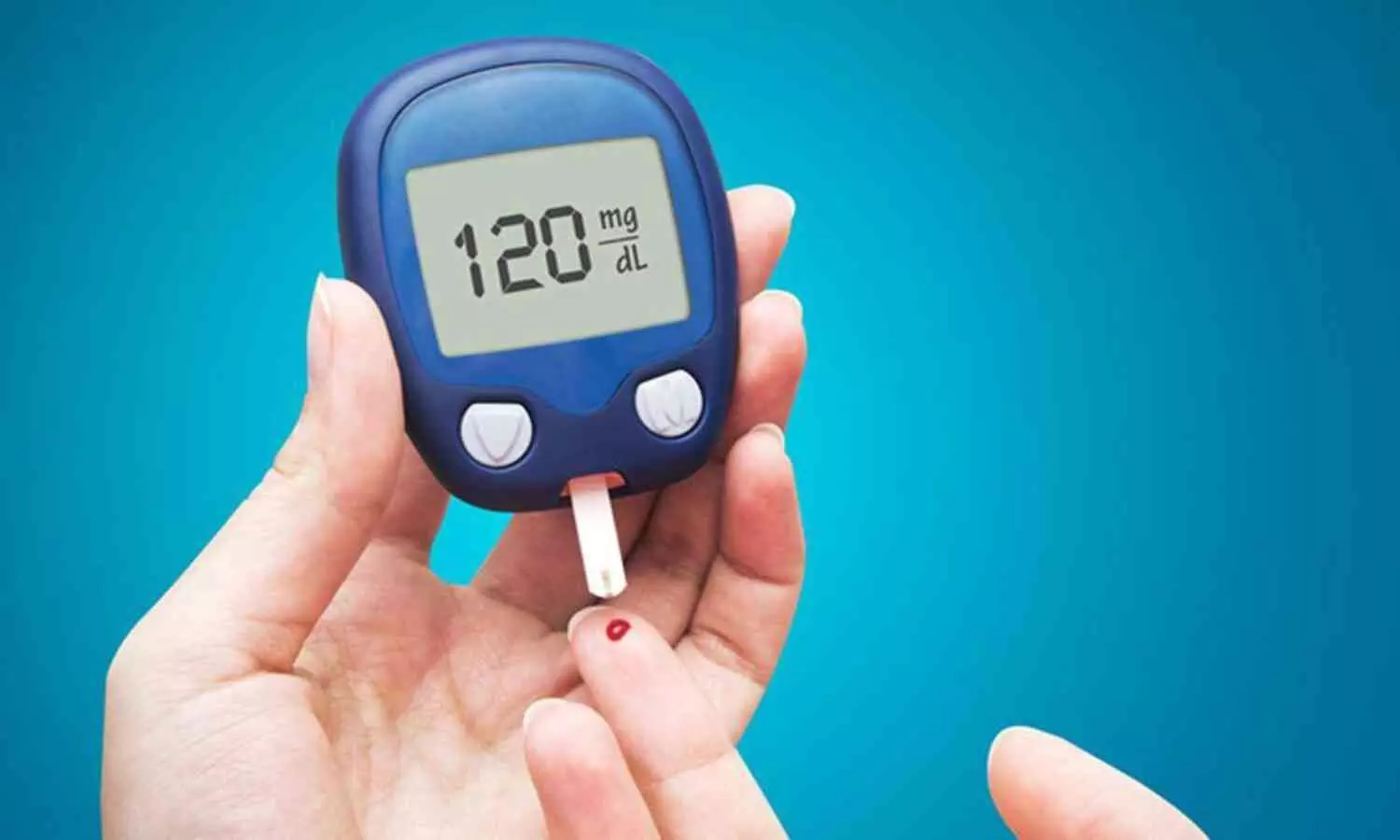NABH and RSSDI Collaborate to Enhance Diabetes Care Quality in India

New Delhi: The National Accreditation Board for Hospitals and Healthcare Providers (NABH), a constituent of the Quality Council of India (QCI), has signed a Memorandum of Understanding (MoU) with the Research Society for the Study of Diabetes in India (RSSDI). This collaboration aims to elevate the quality and uniformity of diabetes care across the country.
RSSDI, India’s largest professional body for diabetes care, represents over 12,000 healthcare professionals specializing in diabetes management. The partnership leverages NABH's expertise in accreditation and RSSDI's knowledge in developing clinical guidelines and advancing diabetes research. According to the Ministry of Commerce and Industry, this MoU will pave the way for enhanced research and robust clinical standards to address the growing diabetes burden in India.
With over 250 million people in the country affected by diabetes, better management of the condition is critical. Rizwan Koita, Chairperson of NABH, highlighted the importance of standardizing care and implementing evidence-based guidelines to improve diabetes treatment outcomes. He also emphasized the integration of digital health standards, enabling the adoption of cutting-edge technologies by both doctors and patients.
Under the agreement, NABH will promote accreditation programs for diabetes clinics, ensuring they maintain high standards in care delivery. These accredited clinics will combine advanced technology with personalized care, provided by well-trained teams, to help patients achieve recommended health targets. The partnership also aims to align NABH’s Accreditation Standards for Allopathic Clinics with the specific requirements of diabetes care, the ministry noted.
In addition, the collaboration will focus on developing digital health standards for Clinic Management Systems (CMS). These standards will optimize clinic operations and enhance the management of diabetes care through digital tools.
RSSDI will actively encourage its members to adopt NABH’s Allopathic Clinic Accreditation Standards, further expanding the reach of the initiative. By promoting certification and accreditation, the partnership seeks to create a network of high-quality diabetes care providers.
This initiative is expected to standardize diabetes management, reduce complications and morbidity associated with the disease, and contribute to the broader healthcare ecosystem. By combining modern technology with clinical expertise, the MoU signifies a step forward in addressing one of India’s most pressing health challenges.


